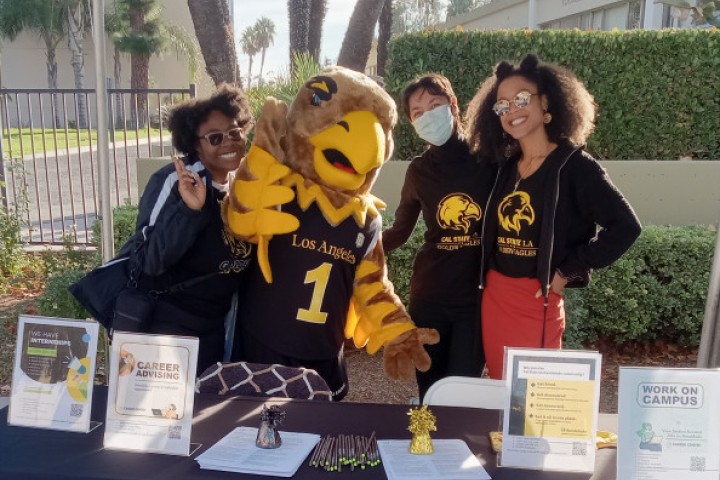Internships provide hands-on experience in a work setting related to your major. Most internships are offered to undergraduate students who have completed 90 units or graduate students who have completed 20 to 30 units. Apply early — most internships open 3 to 6 months before they begin.
Student Support

Our team is available by individual appointment. Schedule an jobs & internships appointment using Navigate LA (Student Life & Wellness).
Career events are offered all year to help you find internships and network with professionals. Sign up for career events on Handshake.
We provide new and gently used interview and career-appropriate clothing. Schedule a career clothing closet appointment using Navigate LA (Student Life & Wellness).